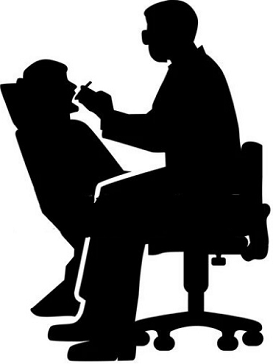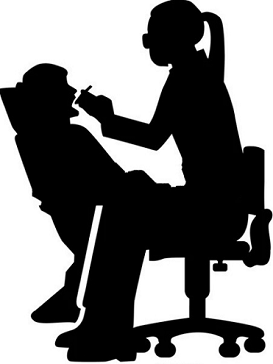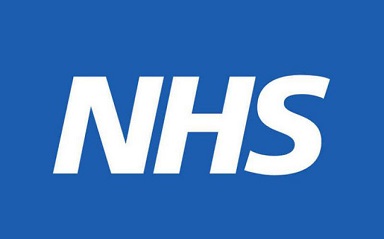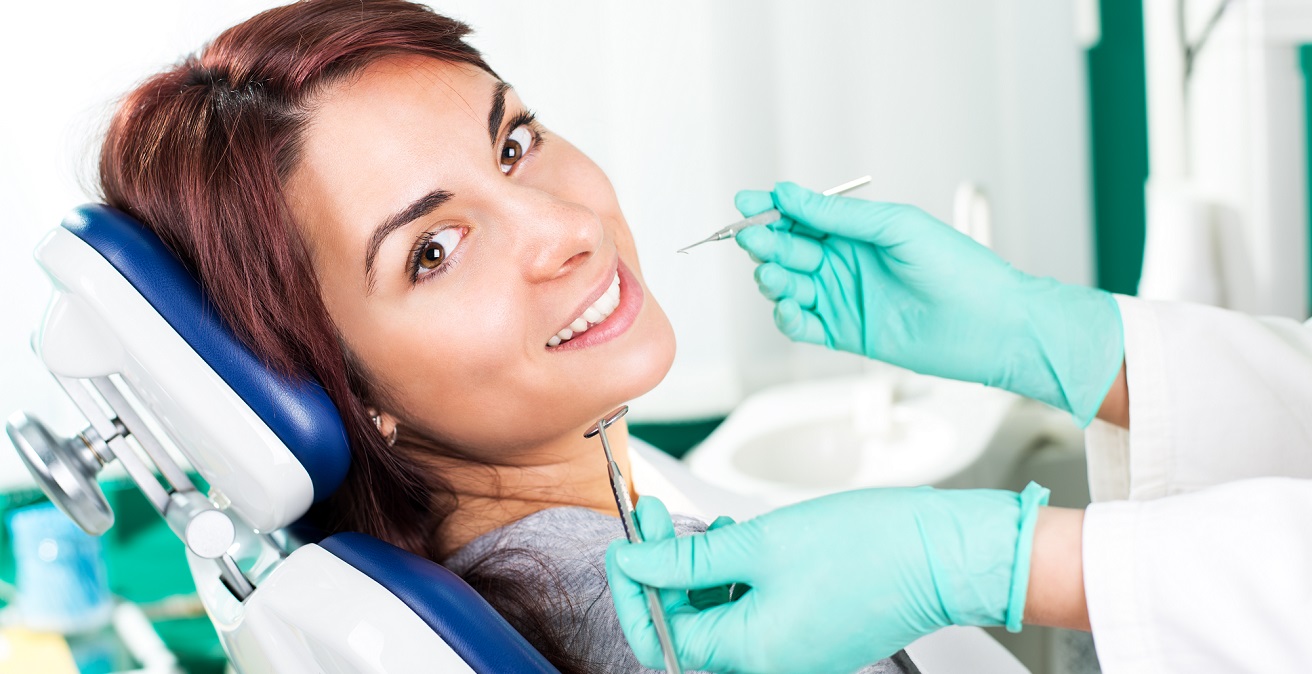This policy describes how we comply with data protection legislation requirements in our use of CCTV.
Ownership and operation of CCTV
Mr Amaninder Gill, the Data Protection Officer (DPO), has overall responsibility for CCTV at the practice and the images produced. The DPO is responsible for installing and maintaining the CCTV equipment and storing the images produced. It processes information on behalf of Mr Amaninder Gill who is ultimately responsible for the information obtained from CCTV use at the practice. The CCTV is operational 24 hours seven days per week.Purpose of CCTV
We use CCTV recording to:- • Protect the practice premises and property
- • Increase the safety of practice patients, staff and visitors
- • Deter criminal activity and anti-social behaviour
- • Assist in the apprehension, identification and prosecution of offenders
- • Provide evidence to a court or tribunal
- • Comply with a legal obligation
Location of CCTV
CCTV cameras at the practice cover the following areas:- • Ground floor corridor first waiting area. – oversees the waiting area and the front door
- • Decontamination room – oversees the decontamination work area
- • Car Park Area
- • Surgeries 1,2,3
- • Outside the 4 walls of the practice
Use of CCTV recordings
CCTV images and recordings are personal information and, when using or processing the information, we will respect the legal rights of the individuals shown in the recordings. We will not share images or recordings except in the following circumstances:- • If requested by the local authority, police or courts for the investigation, prevention or prosecution of anti-social behaviour or criminal activity
- • For bringing or defending a legal claim
- • To comply with a police warrant or an order given by a court or tribunal
Requests for CCTV recordings
Requests by individuals for recordings of themselves are will be processed in line with the practice policy on access to information. Requests by third parties (such as law enforcement agencies or lawyers) for practice CCTV recordings should be submitted in writing to the Data Protection Officer, Mr Amaninder Gill. The Data Protection Officer will then:- Verifies the identity of the person / organisation and takes a copy of any identification documents, if required.
- Decides whether providing the CCTV recording would satisfy one or more of the purposes listed in this policy.
- Considers the rights of the individuals shown in the CCTV, and balances the protection of these rights against the reasons for the request. Some images may require editing to protect the privacy of individuals.
- If appropriate, transfers the requested CCTV recordings / images securely to the third party.
- Keeps a record of the disclosures of CCTV to the third party.


















